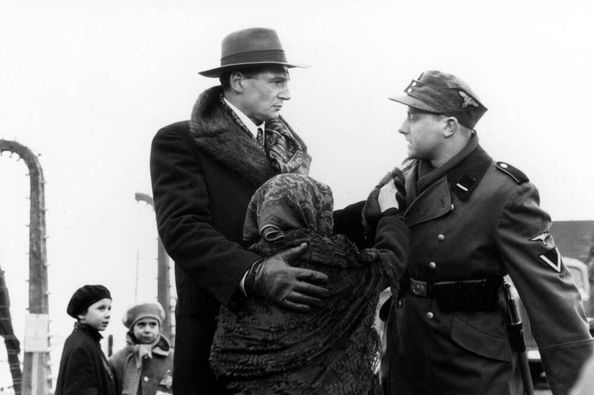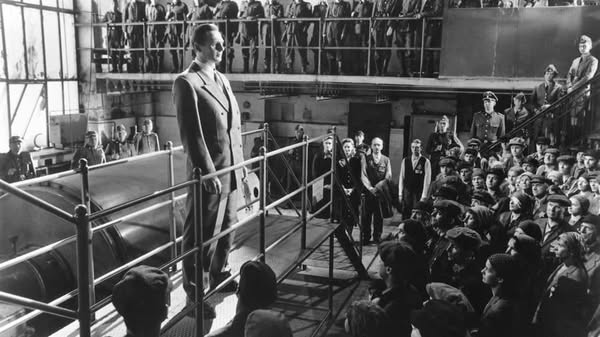Schindler’s List (1993)

Schindler’s List (1993), directed by Steven Spielberg, is a haunting and profoundly impactful historical drama that chronicles the true story of Oskar Schindler, a German businessman who saved over a thousand Polish Jews during the Holocaust. Based on Thomas Keneally’s novel Schindler’s Ark, the film serves as a powerful testament to the resilience of the human spirit amidst unimaginable horror.
Set against the backdrop of World War II, the film begins with Schindler, played by Liam Neeson, arriving in Kraków to profit from the war by establishing a factory that employs cheap Jewish labor. Initially motivated by greed and self-interest, Schindler’s perspective begins to shift as he witnesses the brutal realities of the Nazi regime and the suffering of the Jewish community.

The film is notable for its stark black-and-white cinematography, which enhances its somber tone and historical authenticity. Spielberg’s direction masterfully balances the horror of the Holocaust with moments of humanity and compassion. The cinematography by Janusz Kamiński is both striking and unsettling, capturing the bleakness of the era while highlighting individual stories of courage and sacrifice.
Ralph Fiennes delivers a chilling performance as Amon Goeth, the sadistic Nazi officer whose cruelty epitomizes the brutality of the regime. His portrayal serves as a stark contrast to Schindler’s evolving character, illustrating the moral complexities of human nature in times of crisis.

As Schindler becomes increasingly aware of the atrocities being committed, he transforms from a profit-driven businessman into a reluctant hero. The film poignantly depicts his efforts to bribe Nazi officials and protect his Jewish workers, culminating in the establishment of “Schindler’s List” — a document that saves the lives of over a thousand individuals.
The emotional impact of the film is further heightened by John Williams’ haunting score, particularly the theme featuring violinist Itzhak Perlman, which resonates deeply with the film’s themes of loss and hope.

Schindler’s List is not only a historical account but also a profound meditation on the capacity for good and evil within humanity. It challenges viewers to confront the horrors of the Holocaust while celebrating the acts of kindness and bravery that emerged in its darkest moments. The film’s legacy is significant, having sparked conversations about the moral responsibilities of individuals in the face of injustice.
In summary, Schindler’s List is a monumental achievement in filmmaking, combining powerful storytelling with exceptional performances and a haunting aesthetic. It stands as a vital reminder of the past, urging audiences to remember the atrocities of history and to honor the lives lost while recognizing the enduring strength of compassion and humanity.











